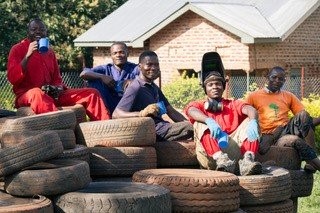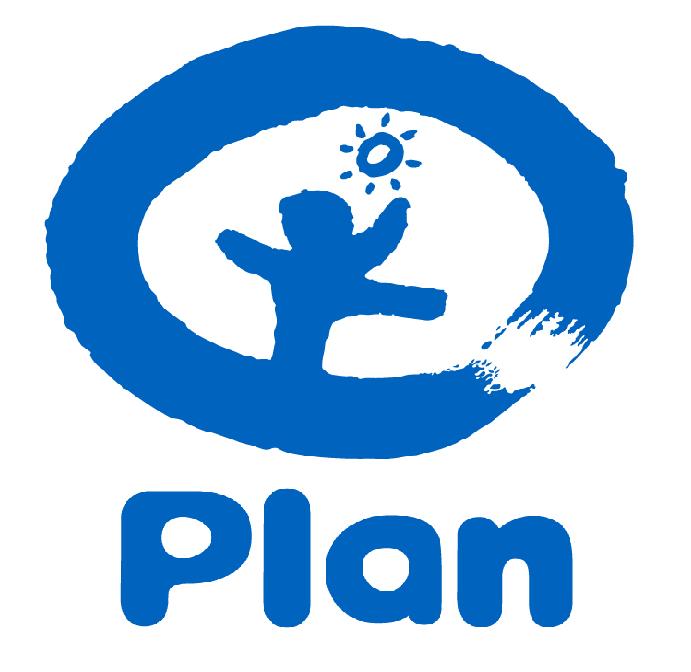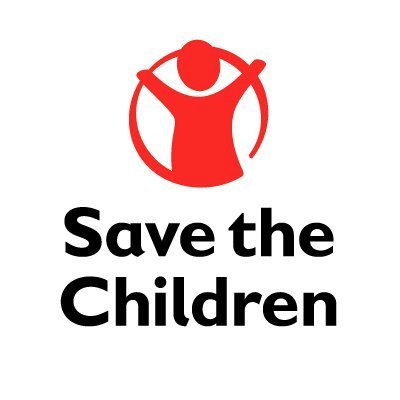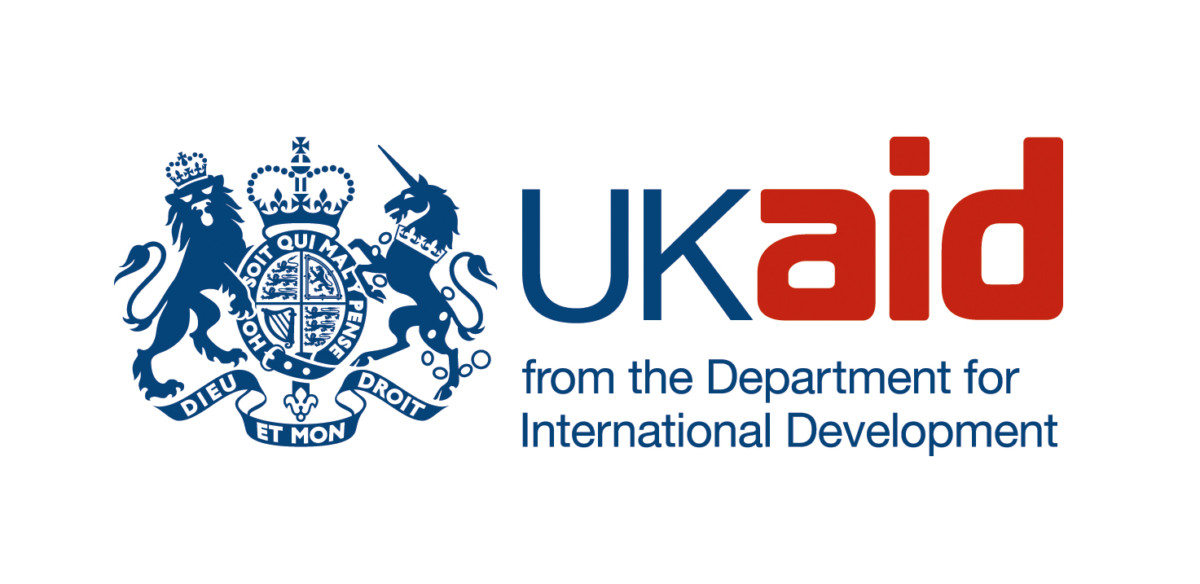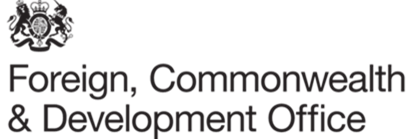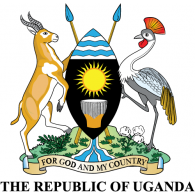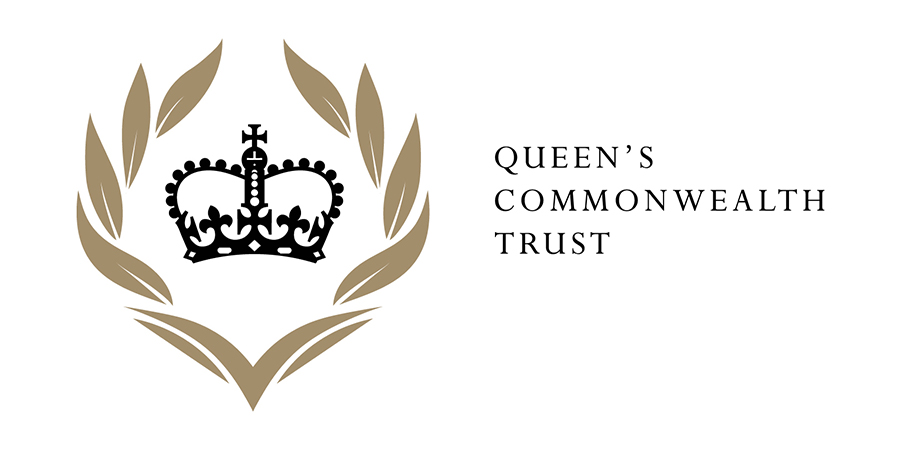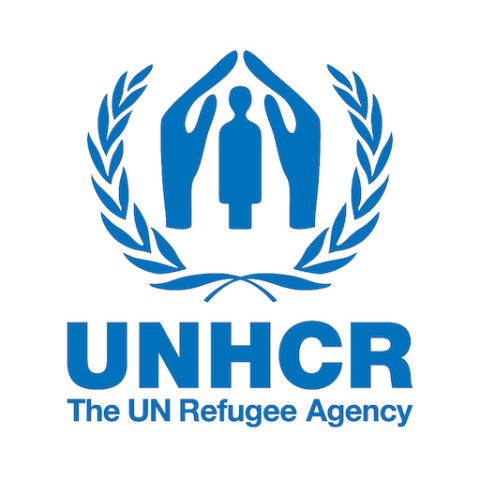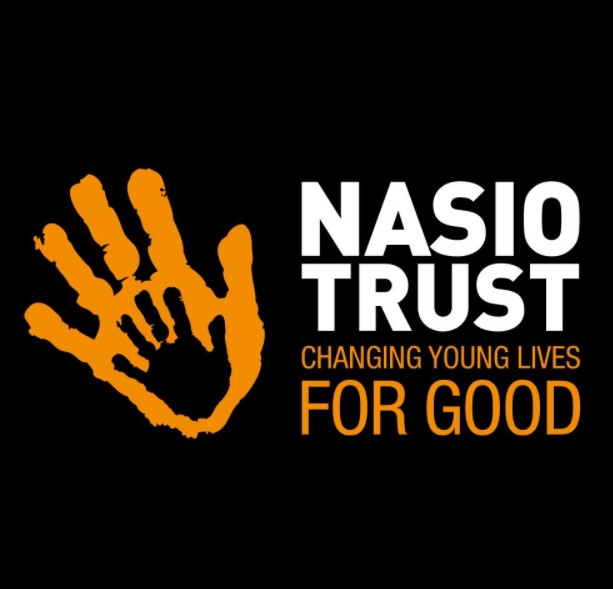When I first heard about the volunteering opportunities offered by Play Action International, to be honest, I was a bit sceptical. Having studied voluntourism during my politics and international relations degree and having chosen to write coursework on the subject, slating tourism that can be categorised as voluntourism or poverty-tourism – for me to join this trip seemed hypocritical to say the least. However, Play Action International managed to prove to me that such a thing as ethical volunteering does in fact exist. There are ways to volunteer abroad which avoid the potential negative nature and impact of trips which can merely be categorised as poverty-tourism or voluntourism as critics see it.
Some of the main objections to voluntourism include the idea that people only go on these trips to feel better about themselves, to act as the white saviour or to voyeuristically see the way ‘the other half live’. There is the idea that projects simply take away potential jobs from locals and do more harm than good. However, applying these arguments to the work of Play Action International emphasises that in fact ethical and beneficial (for both sides), volunteering exists.
To put it frankly, Play Action International relies on individuals’ fundraising to be able to run the charity – paying locals’ wages (all staff in Uganda bar 1 employee are Ugandan) affording the materials for playgrounds and actually building the playgrounds. This fundraising is also vital for their other developmental work, such as providing apprenticeships for former street children and other disadvantaged young people in order for them to find future employment when further education is too expensive. The work they do in refugee settlements also helps facilitate education and early child development where it is arguably needed most.
Realistically, people simply don’t fundraise for an international charity over a cause closer to home unless they too get something from it. And this is where the volunteering comes in. Being able to visit a country, which otherwise most likely would not be on your list of places to travel and experience a different culture, whilst feeling like you are at least contributing some good to a development project, is a great incentive to get people to raise thousands of pounds for an in-country, grassroots, developmental cause.
The charity’s cause is also a topic which needs exploring in relation to the white saviour argument. It is easy to stand back and not get involved in any developmental work abroad in order to avoid being the white saviour figure, imposing Western ideas and ideals on cultures and in contexts where actually, they aren’t appropriate. All whilst shouldering a race-based superiority complex. Does every white person who wants to get involved in development fit this description though? One way around it is to understand colonial histories, to appreciate the indescribable advantage being born white gives you and to work alongside and in connection with a diverse international community where you decide to work as equals, with a respect for the culture and community you work in by appreciating that they know best and learning through them how you can help.
The brutal reality is that a lot of areas simply cannot set up and facilitate their own developmental projects to begin with, due to postcolonial economic disadvantages. Charities such as Play Action International can, however. The importance of play to a child’s development and education has been recognised by the organisation as a sustainable, grassroots cause to aid development through the empowerment education provides to an individual. Thus, although set up by white British nationals, and facilitated by Western fundraisers, the build and maintenance of the playgrounds and play-based learning is facilitated and run by locals and thus, having built up the charity, the work is now predominantly carried out and sustained by Ugandans – a perfect example of working alongside other members of the international community, rather than from above.
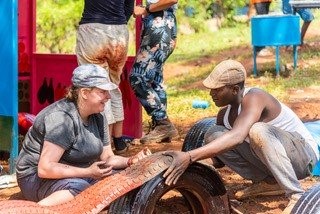
Another way Play Action International tackles the white saviour argument is by employing skilled labourers to build the playgrounds throughout the year – so that when it comes to the volunteering projects in Summer, it is very clear to both volunteers and locals that they are merely providing free unskilled labour, which is matched by local volunteers too. On project, you are under the instruction of skilled Ugandan builders (employees of the charity), aiding their work through more menial tasks. Don’t get me wrong, the manual labour under the Ugandan sun is tough and a great personal challenge but it is important to understand the reality of the work to avoid any sense of participants feeling like they are ‘saving’ an impoverished African community or causing any frustration amongst the locals – something which the charity does well.
You could argue that volunteers on project are the people that benefit the most, and if looked at within the context and time span of the trip itself, then yes, they are getting the most from their 4 weeks volunteering. But again, that’s how the money is raised to ensure that the overall work of the charity is benefitting Uganda more than anyone else. The trip is also a great way to tackle the western superiority complex created by the media through their persistent publishing of photos of starving children and extreme poverty, by seeing countries like Uganda for what they really encompass: outstanding natural beauty, generous, friendly people and a great tourism industry ready and waiting for people to travel and holiday in the country, adding investment to the local economy. Material disadvantages are obviously evident, but this provides an important balance for volunteers giving them a truer, broader perception of the real Uganda.

To conclude, having become sceptical of a lot of international charities and hearing about the horrors of SOME volunteering projects during my time at uni, Play Action International have helped to change my mind and become a charity I openly and proudly support. Their prioritisation of remaining ethical and sustainable and their diverse work revealed to me that ethical volunteering does exist and is in fact often needed to facilitate grassroot projects. I think the playground opening day on my trip was one of the best examples to support the arguments made above.
Parents, teachers and pupils all gathered to enjoy the final day of the school year which included the opening of the playground. In a time of extensive ‘othering’, more similarities between ‘us’ and ‘them’ could be noticed on this day than differences. The parents dressed smart, like my own would to a school event. They proudly received their children’s report whilst the children played happily and carefree on the brand-new playground, built for them primarily by Ugandan builders, but helped along by some willing mzungus. For me, this felt like a very familiar day from my own childhood in the West and a complete contrast to media portrayals of life in sub-Saharan Africa, an experience which I believe many Westerners could benefit from, to inspire better, truer attitudes in the future. Attitudes which could have a knock-on effect for the way Westerners go about international development.
It has become a bit of a Western tradition to jump on the bandwagon of international volunteers merely posing as white saviours engaging in the selfish industry of voluntourism. Volunteering will never be perfect and striving to be 100% ethical is near impossible, but does that mean we should just turn our backs on grassroots projects that need funding, or on development altogether? Or do we monopolise on this desire in people to volunteer abroad, meanwhile raising critical funds for sustainable, local projects. My main advice for anyone questioning whether to do a trip with Play Action International or not is to read in detail about the extensive work they do.
